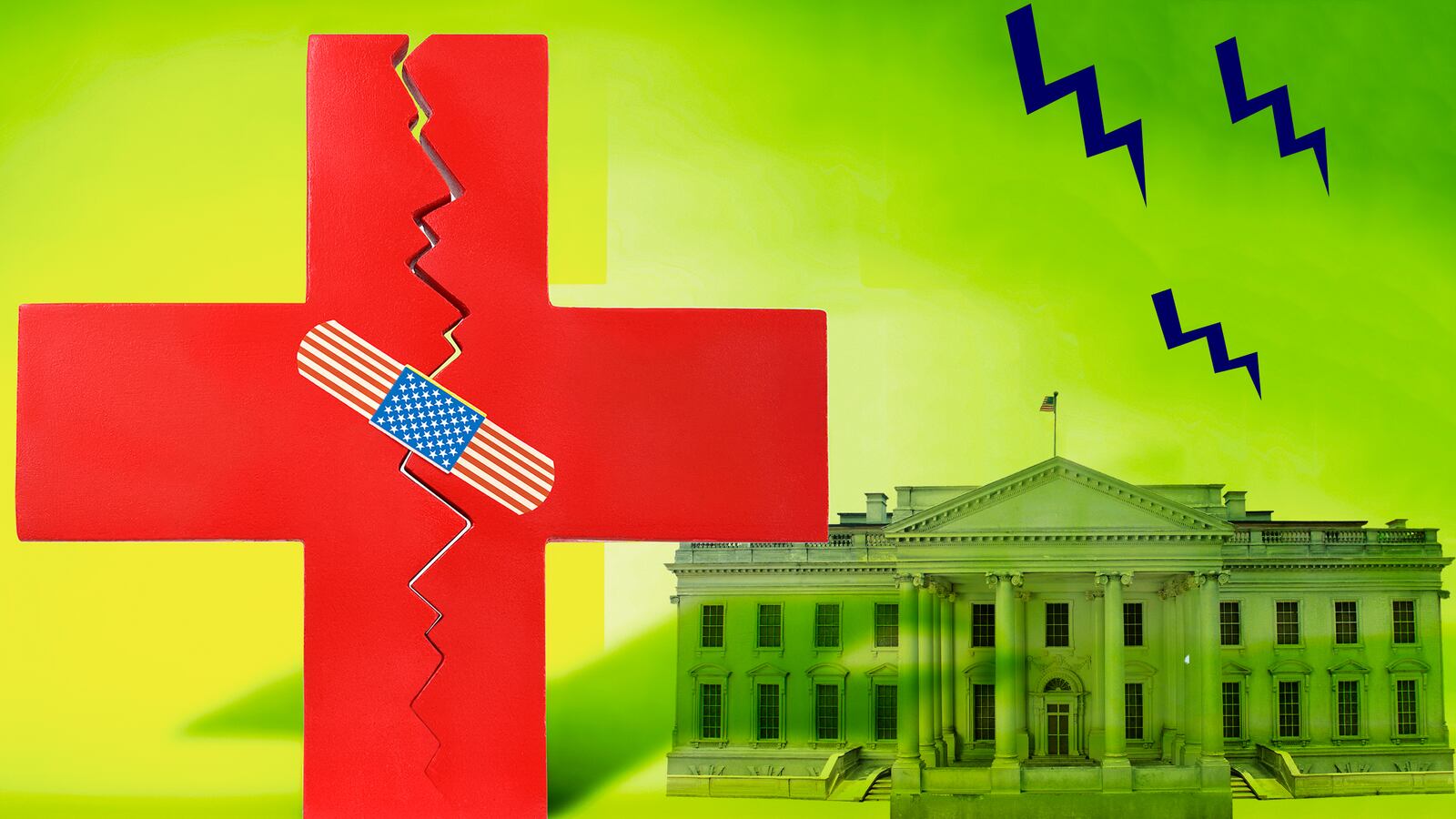By Barbara Feder Ostrov | California Healthline
SAN FRANCISCO—There’s so much money floating around here this week, you can almost see it wafting through the air.
About 10,000 attendees, mostly confident men in well-cut suits and even nicer watches, are packing the elegant Westin St. Francis Hotel for the invite-only J.P. Morgan Healthcare Conference, which ends Thursday.
For many of these investors, health providers, insurers, and entrepreneurs at the nation’s largest and most prestigious health investment conference, it’s all about the deal—and the after-hours parties.
In the first few days of what’s become known as J.P. Morgan Week, New Jersey-based Celgene announced it would spend up to $7 billion to acquire Impact Biomedicines. And Novo Nordisk, the world’s biggest insulin maker, bid $3.1 billion for a Belgian biotech firm.
For those who didn’t land a coveted invite, satellite conferences on digital health and biotechnology dot the city, offering lesser mortals an opportunity to network and make their own deals. Former Vice President Joe Biden even popped into town to keynote the StartUp Health Festival satellite conference, speaking about cancer treatment costs and electronic health records.
The J.P. Morgan gathering comes at a jarring time when you consider that the other world of health care is flooded with uncertainty for the millions of ordinary Americans who inhabit it. They face a precarious political landscape in which the future of the Affordable Care Act remains uncertain and Republican leaders in Congress mull dramatic cuts to Medicaid and Medicare.
John Baackes, CEO of the nation’s largest public health plan, L.A. Care, which insures 2.1 million low-income patients, said that if his enrollees wandered into the conference, “they’d think they were in a foreign land and that this has nothing to do with them.”
Much of U.S. health care is underwritten by public dollars, but people here didn’t come to talk about that or rising costs, particularly for prescription drugs. Only a few presentations at this year’s conference have touched on prices, including a J.P. Morgan study released Monday that found many Americans put off medical care until they get their tax refund—a clear sign that that they don’t have enough saved up to pay for care when they need it.
“It’s just so striking how much maneuvering and desire there is at this meeting for a piece of the 18 percent of GDP spent on health care,” mused Dr. Vivian Lee, the former leader of the University of Utah Health Care system, who generated controversy with her efforts to track costs with pinpoint precision. “Is anyone here trying to decrease their share?”
Baackes, who comes to the conference to network and monitor the latest developments in health care, said he’s always skeptical of the well-heeled company officials who attend promising better health outcomes and cost savings. “In a way, there’s too much money walking around here,” he said. “Investors are thinking, ‘Health care is a $3 trillion sector of the economy; surely it will benefit from my genius.’”
Many attendees view the conference with a less critical eye.
“It’s a useful place for us to be,” said Amanda Cowley, strategy director of the quasi-governmental organization that produces the U.S. Pharmacopeia, a compendium of information and standards for producing medicines and food ingredients. Cowley said she and her colleagues need to learn about emerging health technologies so they can anticipate their future work products.
Cowley stood in a line of hundreds of attendees waiting to dine on tri-tip, vegetables, and macarons while listening to Microsoft founder Bill Gates talk about how his foundation is helping improve the health of subsistence farmers and children in the developing world.
But there was little talk of America’s subsistence patients, who often cannot afford the expensive drugs and medical devices that are bought and sold in deals brokered at conferences like these, in private rooms guarded by phalanxes of staffers at tony hotels.
Those patients, however, were the focus of a Medicaid panel held Tuesday at Glide Memorial Church in San Francisco’s troubled Tenderloin district, a few blocks and a world away from the Westin St. Francis. That event, which drew about 70 people, was sponsored by ConsejoSano, a Southern California-based startup that has raised $7.2 million to help Spanish speakers better navigate the health system.
Rallying the troops at Glide was former Medicare and Medicaid chief Andy Slavitt, a fierce critic of Republican efforts to repeal and replace the ACA. Slavitt recently invested in Cityblock Health, a public health startup focusing on Medicaid and other low-income patients.
The good thing about J.P. Morgan Week, Slavitt told Kaiser Health News, is that it draws innovative people who want to invest. “The question is, should health care capital be focused on solving big problems and getting rewarded for them, or just focused on the status quo?”
This story was produced by Kaiser Health News (KHN), which publishes California Healthline, an editorially independent service of the California Health Care Foundation. KHN is not affiliated with Kaiser Permanente.





